

As of 2023, China has implemented a set of strict laws surrounding animal testing for cosmetics and other consumer products. These laws have been put in place to improve animal welfare and promote the development of alternative testing methods. Let’s take a closer look at China’s animal testing laws and what they mean for consumers and the cosmetics industry.
China’s Animal Testing Laws
In 2014, China began to relax its animal testing requirements for domestically-produced cosmetic products, but this did not extend to imported products. However, in 2023, China has officially banned animal testing for all cosmetic products, both domestically produced and imported. This includes skincare, makeup, and personal care items.
In addition to this, the National Medical Products Administration (NMPA) has also issued guidelines for other consumer products, such as cleaning supplies and pesticides, which require the use of animal testing. These guidelines require companies to provide detailed information about the chemicals they use and to prioritize the use of alternative testing methods whenever possible.
The Impact on Consumers
The ban on animal testing in China is good news for animal welfare advocates, as it means that fewer animals will be subjected to cruel and unnecessary testing procedures. However, it is important to note that this ban only applies to cosmetic products and that there are still many other industries in China that rely on animal testing.
For consumers, this means that they can now purchase cosmetic products in China with the knowledge that they were not tested on animals. However, it is worth noting that some international brands may still be testing on animals in other parts of the world, and simply importing their products into China.
The Impact on the Cosmetics Industry
The ban on animal testing in China is also likely to have a significant impact on the cosmetics industry. Companies that want to sell their products in China will now have to find alternative testing methods, which may include in vitro testing or computer modeling.
This could be a costly and time-consuming process for some companies, but it is also an opportunity for them to develop new, innovative testing methods that could potentially replace animal testing in other parts of the world as well.
Furthermore, the ban on animal testing in China could also encourage other countries to follow suit, which would be a major win for animal welfare advocates worldwide.
Conclusion
Overall, China’s new animal testing laws are a positive step forward for animal welfare and the cosmetics industry. While there is still work to be done in other industries, this ban marks a significant milestone in the fight against animal testing. Consumers can now purchase cosmetic products in China with the knowledge that they were not tested on animals, and companies are being incentivized to develop new testing methods that are more ethical and sustainable. Let’s hope that this trend continues and that we can eventually eliminate animal testing altogether.
This post is not sponsored but may contain affiliate links from which we earn a commission at no additional cost to you. Nothing stated in this article should be used in place of professional medical advice. All opinions are our own.
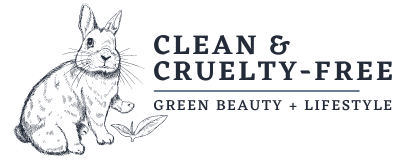
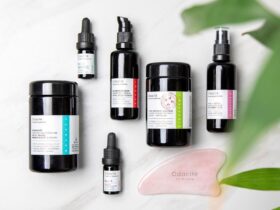




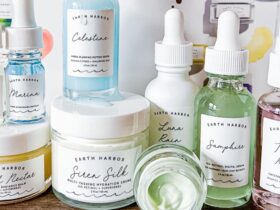

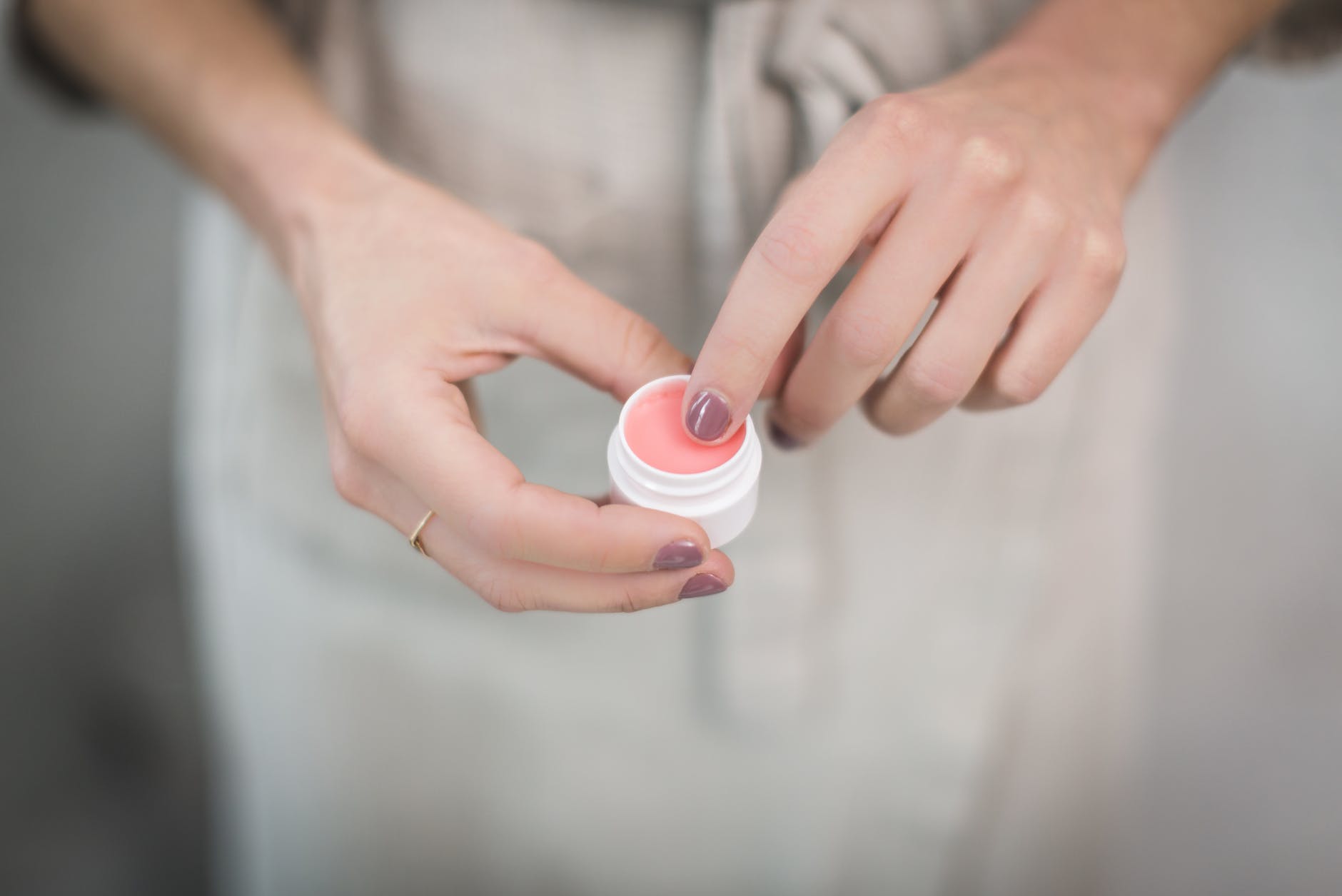




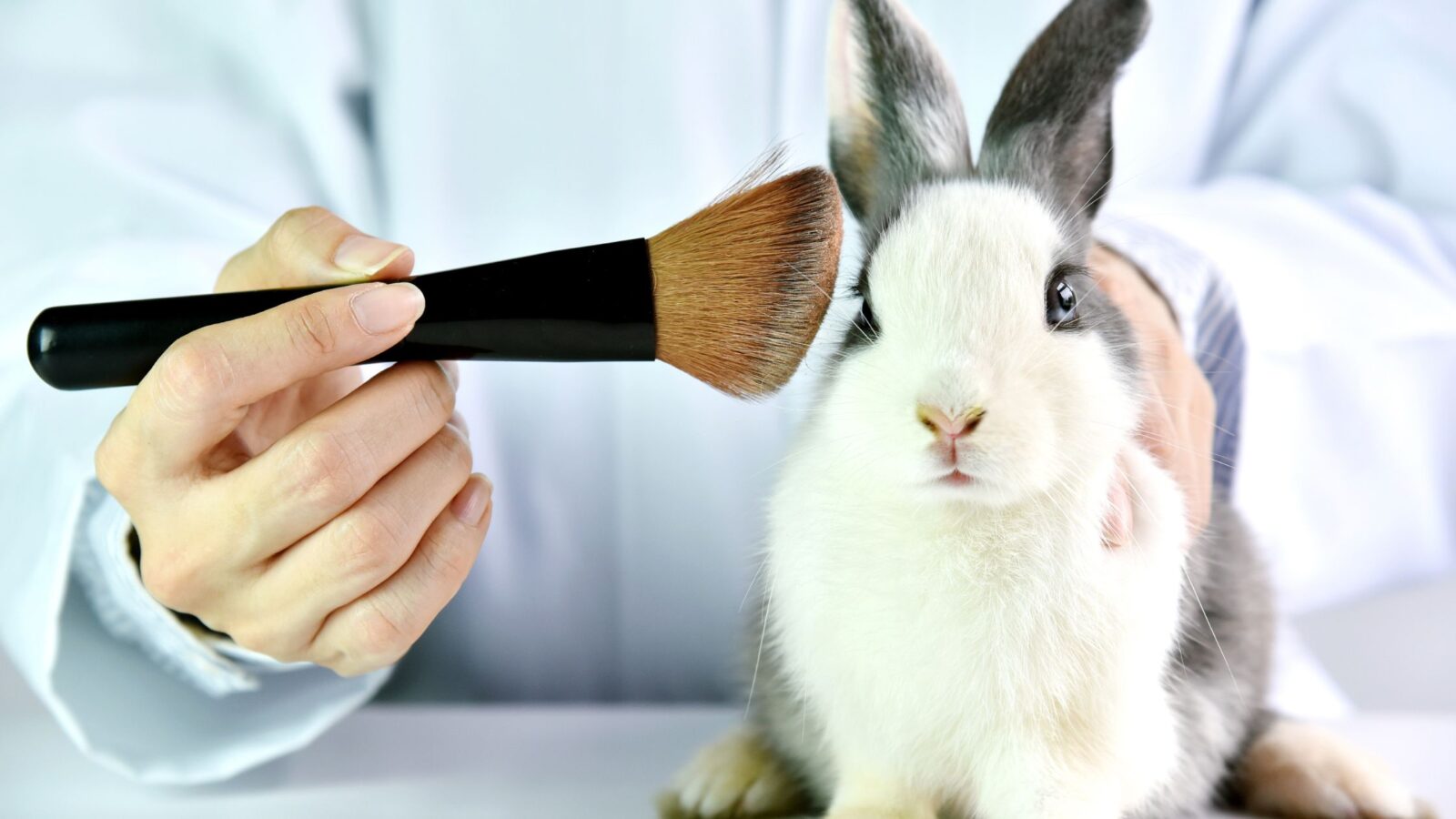
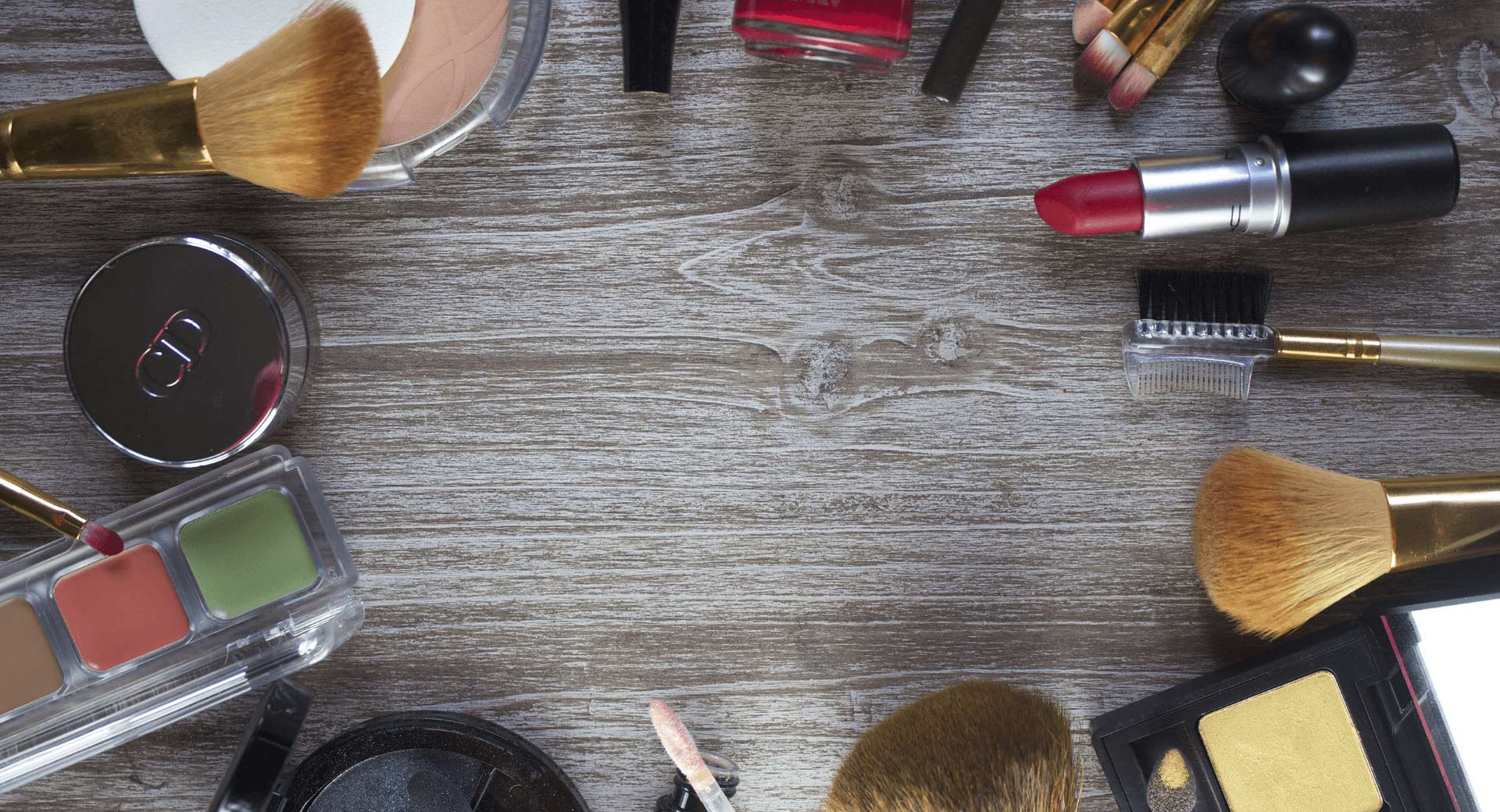







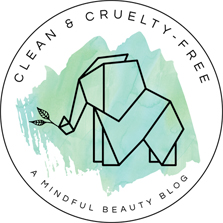

Leave a Reply